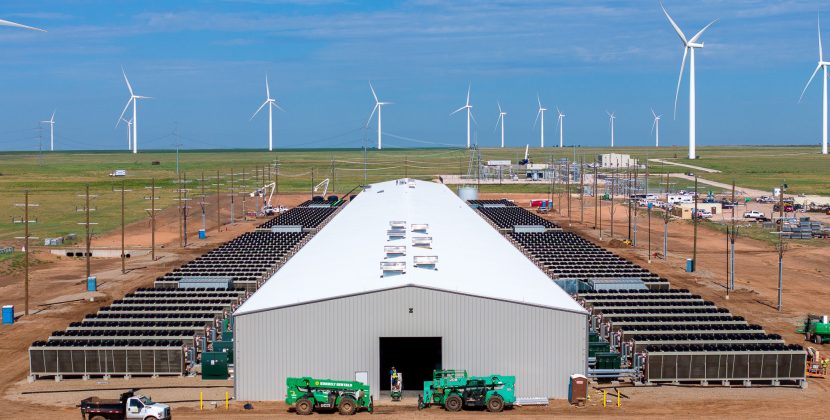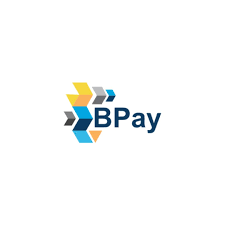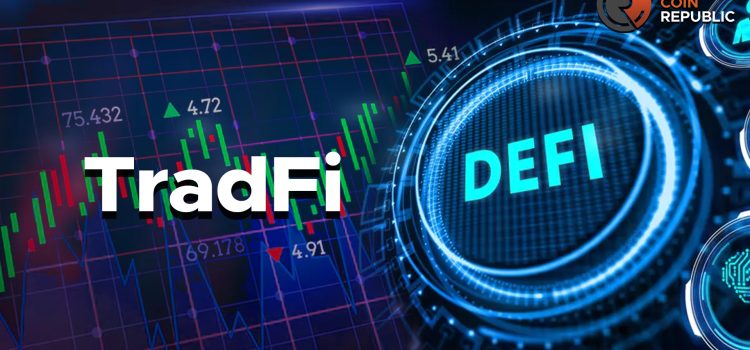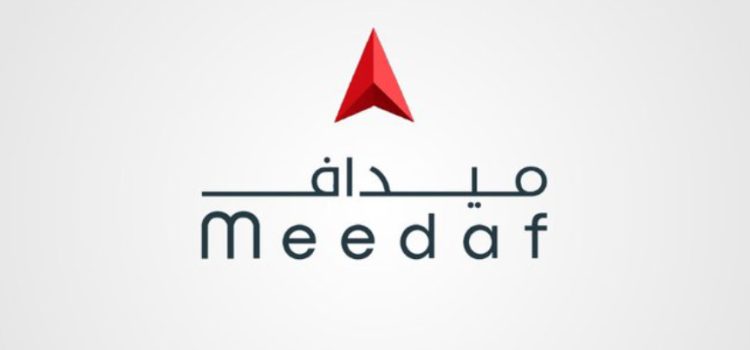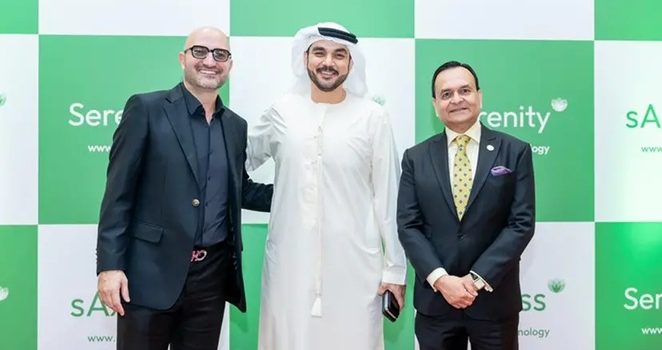
Standard Chartered and UAE regulated OKX, a cryptocurrency exchange have launched collateral mirroring program, enabling institutional clients to utilize cryptocurrencies and tokenized money market funds as off-exchange collateral for trading under a pilot overseen by the Dubai Virtual Asset Regulatory Authority (VARA).
As per the press release, the initiative significantly enhances security and capital efficiency for institutional clients by using a Globally Systemically Important Bank (G-SIB) as the custodian for their collateral.
Margaret Harwood-Jones, Global Head of Financing and Securities Services at Standard Chartered said: “We understand the critical importance of robust and secure custody solutions, especially in the evolving digital asset landscape, and our collaboration with OKX to enable the use of cryptocurrencies and tokenised money market funds as collateral represents a significant step forward in providing institutional clients with the confidence and efficiency they need. By leveraging our established custody infrastructure, we are ensuring the highest standards of security and regulatory compliance, fostering greater trust in the digital asset ecosystem.”
The collateral mirroring capability has been launched as a Pilot within the Dubai Virtual Asset Regulatory Authority’s (VARA) regulatory framework, and it allows clients to benefit from enhanced protection against counterparty risk, a significant concern in the current digital asset markets.
Standard Chartered acts as the independent, regulated custodian in the Dubai International Financial Centre (DIFC), regulated by the Dubai Financial Services Authority, ensuring the safe storage of the assets used as collateral, while OKX through its VARA regulated entity, manages collateral and facilitates transactions. Franklin Templeton will be the first in a series of money market funds that will be offered under the OKX-SCB program.
Hong Fang, President of OKX, added, “As the digital assets ecosystem becomes more ingrained within traditional finance, we strive to both drive growth and safeguard client assets in the most capital efficient manner. By leveraging Standard Chartered’s position as a top custodian globally, as well as OKX’s market leadership in cryptocurrency trading, the partnership sets an industry standard for current and potential institutional clients to deploy trading capital at scale in a trusted environment.
Franklin Templeton, a recognised leader in tokenisation and real world assets (RWA), continues to innovate by leveraging blockchain technology to deliver cutting-edge solutions to customers and clients. Through this collaboration, OKX clients will gain access to on-chain assets developed by Franklin Templeton’s Digital Assets Team, seamlessly integrating them into their financial and operational structures.
Roger Bayston, Franklin Templeton Head of Digital Assets, says “Leveraging blockchain technology, our platform is built to support the dynamic and ever-evolving financial ecosystem. We take an authentic approach, from directly investing in blockchain assets to developing innovative solutions with our in-house team. By ensuring assets are minted on-chain, we enable true ownership, allowing them to move and settle at blockchain speed – eliminating the need for traditional infrastructure.”
Brevan Howard Digital, the dedicated crypto and digital asset division of Brevan Howard, a leading global alternative investment manager, is among the first few institutions to onboard onto this pioneering programme, highlighting the importance of such capabilities being offered by a leading international cross-border bank and a highly reputable global exchange.
Ryan Taylor, Group Head of Compliance at Brevan Howard and CAO of Brevan Howard Digital, commented: “This program is the latest example of the continued innovation and institutionalization of the industry. As a significant investor in the digital assets space, we are thrilled to partner with industry leaders to further grow and evolve the crypto ecosystem globally.”

